Hola,Daniela!!!Hace tres años que busco datos de mis abuelos y bisabuelos:paternos y maternos yde mis bisabuelospaternos y maternos.
Còmo casi todos habìan fallecido,cuando yo nacì,poco y nada se hablaba en la flia.sobre ellos…Tal vez porque sus pèrdidas,ocasionaron mucho dolor y no deseaban remover el pasado…
Yo crecì,con un vacìo en el pecho…y no quiero morirme,sin llegar a conocer su origen…
Manuel Neiro(abuelo paterno)1865-naciò en La Coruña-Galicia España.Bajò del barco ???en el Puerto de Bs.As.y
le cambiaron,por Neyro.Tenìa 24 años.Hijo de Miguel Neyro y Marìa Nieto(españoles).Todavìa despuès de tres años,no he podido dar con su acta de bautismo legalizada.
Interview with the Hispanic Genealogist Daniela Massolo
- By Aaron
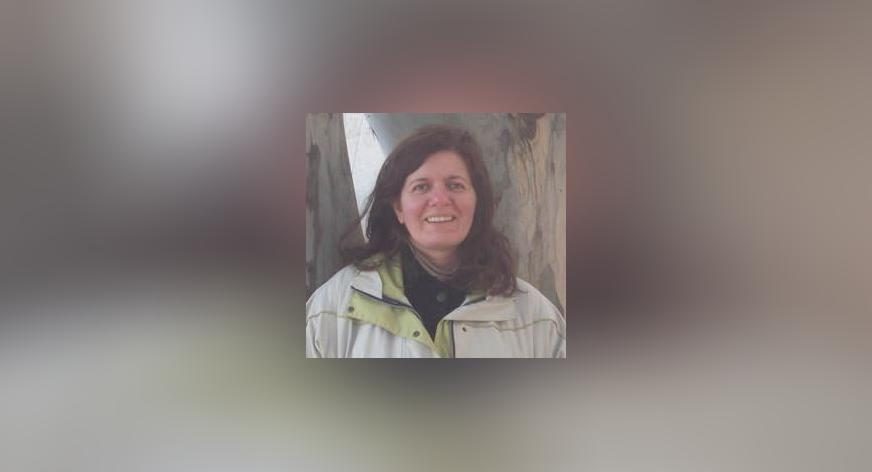

 “Today with the advancement of medicine, knowing the history of our family could save or at least improve the quality of life for our families.”
“Today with the advancement of medicine, knowing the history of our family could save or at least improve the quality of life for our families.”
Daniela is an important genealogist that lives in Argentina. Her great interest, research and passion for genealogy resulted in several web pages, one recently launched in English. These sites are of a great interest and guide for all those who are new to genealogy. Also can be a great resource for people that are investigating their Spanish roots. For MyHeritage it is an honor to present this interview we did with her.
When we asked her about MyHeritage, Daniela said: “I am using Family Tree Builder since 2004 and I love its aesthetic, overall it all seems to me it is very intuitive and easy to use.”
Her life
Daniela was born in a small town in the province of La Pampa and now lives in Buenos Aires. The area where she was born was virgin territory until early 1900, when it was colonized by Italian immigrants, most of Piedmont. Her ancestors were Italian, but the ancestors of her children were: Italians, Basques, French, English and Spanish. Daniela studied in Cordoba and is a Professor of Special Education.
Early life and family discovery
Her paternal grandfather was Italian and died very young when her father was 4 years old. The absence of her grandfather was a heavy burden to carry for her father. When she was small she asked him : “Dad who was the grandfather? Where did he live? Why did he come to our country?” And her father only knew his father was named Louis.
Daniela began looking for their ancestors some years ago, when there was no internet nor the widespread use of computers. She discovered that a branch of her Italian ancestors administrated a “Pious Work” in the late seventeenth and early nineteenth centuries. They were responsible for many children who were abandoned and were responsible for training the men as craftsmen or farmers and the girls in the art of fabric and sewing. They gave them shelter, food and taught them about the ways of life. At a certain age the children left the home to start working independently. In the “states of soul” (sort of parish censuses) of the family, there are records of those people who left the house of her ancestors to work and earn their livelihood. The abandonment of children was a common phenomenon across Europe at that time; it is estimated that one third of infants were abandoned.
Her research and work
Daniela likes to investigate documentary sources that can provide data, such as: records (roles) that are kept on file and what kind of information they contain. She also enjoys researching the history of the countries where their ancestors lived. Sometimes within the same country, the same type of document has different characteristics depending on where we are looking for it.
Daniela manages several websites that originated from their family research:
* www.dmassolo.com.ar: launched in 2003 , it is a small site telling the story of their ancestors.
* www.genfrancesa.com: page-oriented search for French ancestors but written in Spanish.
* www.genargentina.com.ar: This site contains a list of those documentary sources available in Argentina. Also a series of instructions to the first steps we need to take in the search for our ancestors.
* www.genealitalia.com: This site began in 2008 and contains information on genealogical research in Italy. A series of notes on basic aspects in the search for Italian ancestors were published in different places. This site just was translated to English: http://italygen.com.
She also serves on genealogy forums where users share experiences, information and help to solve the problems in genealogical research.
The discovery of a new field in Genealogy
Daniela told us that a couple years ago her son was sick and nobody could find what the cause of his condition . She visited a doctor specializing in genetics. When the doctor asked her about the origin of their ancestors and if she knew the cause of their death, she asked him: “Do you want to me show you my gedcom?” And she still remember his expression of surprise.
Some time ago she read the story of a person who saved the lives of several members of his family. This person took the precaution of seeking the death certificates of their ancestors and recording the causes of death. He found out that there was a tendency in the family to cancer.
Daniela commented: “Today, with the advancement of medicine, knowing the history of our family could save or at least improve the quality of life for our families.”
For those who begin their family research
Daniela advises: “First, have patience and do not giving up. Secondly, seek, find and keep looking. Sometimes it seems that our ancestor slipped behind a shelf in a file and it requires perseverance, testing different search strategies. The goal of my pages is to show visitors exactly what steps they can follow to find details of their ancestors, which file to go to, what document to request, and so on. ”
“Another tip is to document each piece of information we get from our ancestors. We often find information online, or we find a family that gives us data stored in its memory and the data can be misleading. ”
Genealogy in the Hispanic world
Daniela said: “Genealogy is gaining popularity, as more sectors of the population are accessing the Internet and learning how to operate a personal computer. Internet is helping to disseminate genealogy: more and more frequent indexing projects, digitization and web from parish registers, civil, censuses, etc. For example, sometimes a new genealogy project appears, dedicated to a particular region. ”
The generations before us lived through very hard times – migration, adaption to a new world, suffering bloody wars, and so on. In the process they lost customs and cultural traits, including sometimes, to the place of birth.
“No matter whether our ancestors emigrated in the nineteenth century or the twentieth, we are descendants of the first inhabitants of America, and the need to inquire about their origins grows daily. Perhaps the relentless advance of new technologies, globalization and the metamorphosis that is affecting family life has put us in a very short space of time into a world never before imagined and this creates insecurity. The search for our ancestors functions as a kind of anchor that allows us to place ourselves in this new world and meet new challenges. And now we have the technological means we need to perform this search. ”
“Most of the searches that people do agree on some aspects: seeking records of your ancestors’ arrival to the Americas (although this occurred during the colonial period), a photo of the ship and the port from where it departed from. Also information, photographs, maps of where people were born. It seems that these little things provide a kind of framework with which to frame our lives. ”
“I think there is an universe to explore, the problem is that many of the projects are voluntary and need to generate some kind of income that allows us to move forward. I mention one example, a volunteer group of individuals copied old French passports issued in the port of Bordeaux (France). But they found the limitation that had to travel and stay in place to do so, and this represented an economic cost that restricted the amount of work they could do. ”
Many thanks to Daniela for your time and cooperation. MyHeritage is grateful to be able to work and maintain communication with people of such experience and invaluable knowledge.

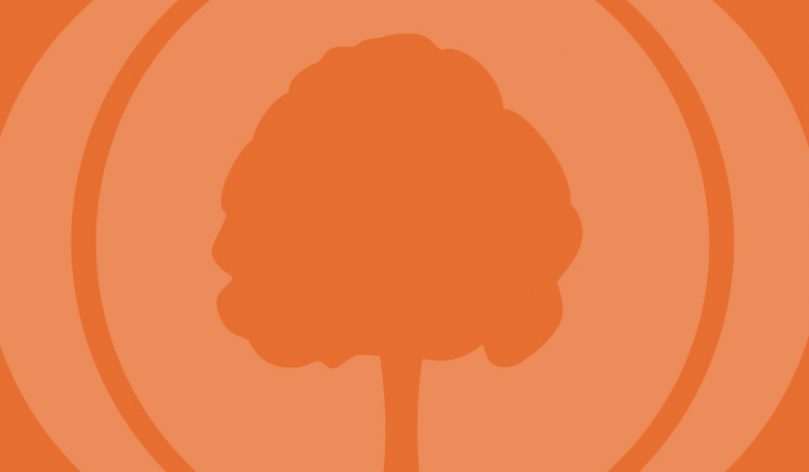
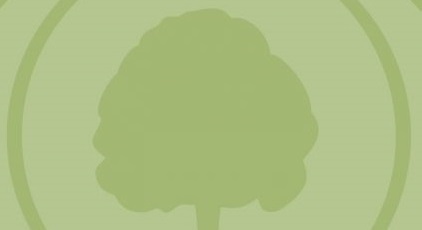
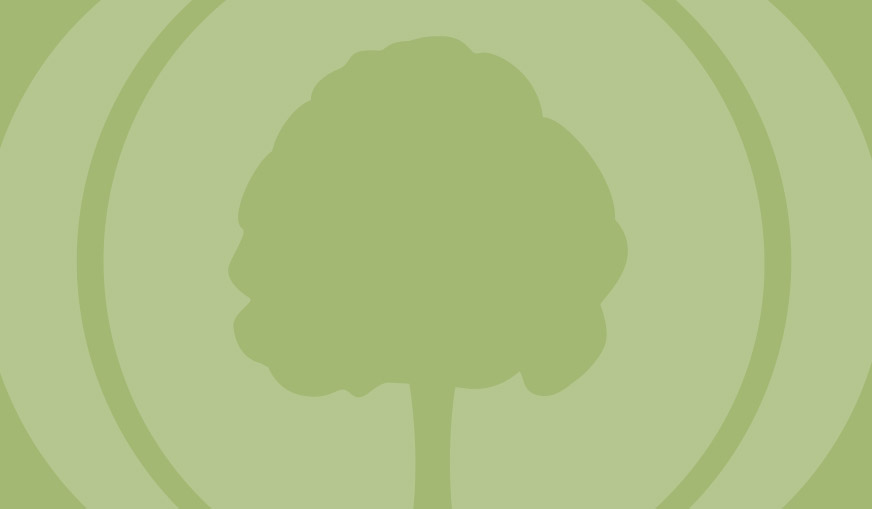

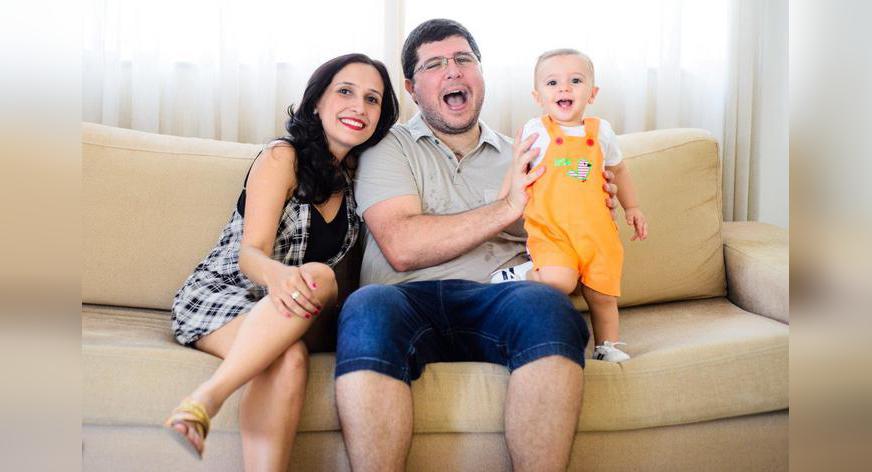
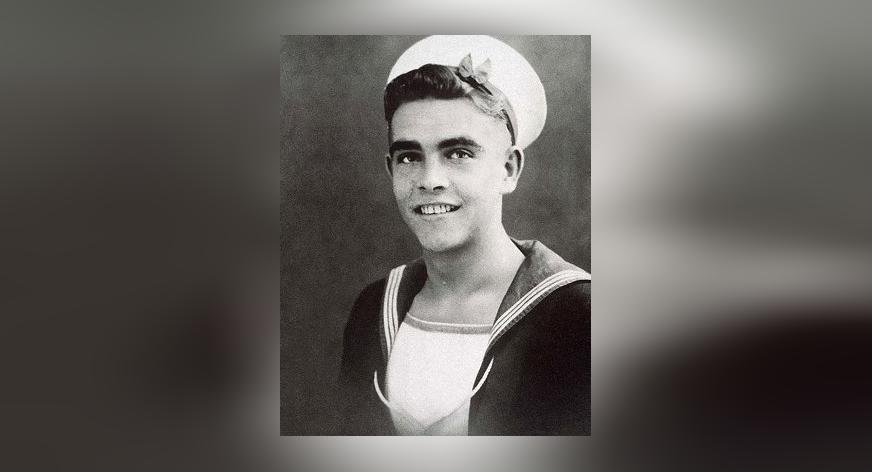
Liliana
July 21, 2010
Hi Daniela, I live in Australia. My great grandmother moved to Argentina in 1913. Ive found her record on the Passenger List but that’s where the story ends. My family is aware that she had more children in Argentina to a 2nd husband. I would like to find her living descendants but so far have found no records about her. I have employed a Genealogist but to date nothing new has been found as I dont know the name of her second husband. Apparently there is no central death register in Argentina and its a slow process searching all the states. Do you have any suggestions? Regards, Liliana